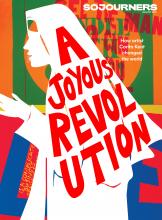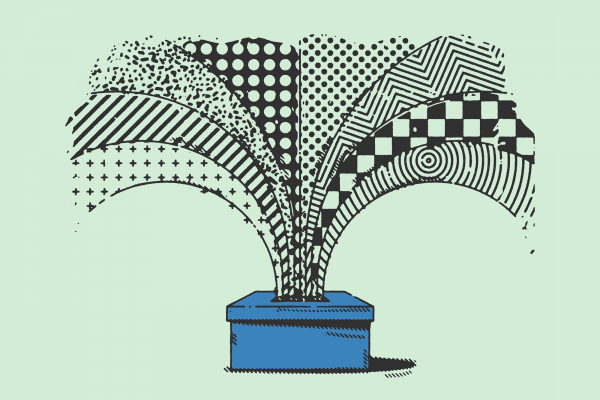IN BACKLASH TO historic voter turnout, as of late May state legislators had introduced 389 bills to restrict voting in 48 states in the 2021 legislative sessions. The barrage of suppressive bills has been different from previous years in various ways. The sheer number of bills, the sweeping nature of the proposals, the procedural shenanigans, and the brazenness of lawmakers’ intent makes this like few legislative attempts in memory.
“Restrict” means the legislation would make it harder for Americans to register, stay on the rolls, and/or vote, as compared to existing state law. Most of these bills take aim at absentee voting and expanding voter ID requirements. Some would make voter registration harder, expand voter roll purges, and reduce early voting. Others seek to undermine the power of local officials and, in some cases, establish new criminal penalties to target those who run our elections.
Several of the concerning bills are bundled—a big number of anti-voter bills rolled into one. Take Georgia for example. Lots of people have heard about Georgia outlawing the provision of a bottle of water or a snack to people waiting in line to vote. But there’s more. Polling sites on wheels (mobile voting) are now effectively illegal in the state. Many voters who plan to vote by mail will be required to provide a driver’s license, social security number, state identification number, or a copy of identifying documentation. Ballot drop boxes will have to be located inside elections offices or early voting sites, likely resulting in the loss of convenient voting locations. Some provisions may exacerbate existing cyber-vulnerabilities or introduce new ones. These laws will clearly have a detrimental effect on the political voice of voters of color, especially those in the Black community. Mobile voting in Georgia, for example, was only used in Fulton County. That’s the home of Atlanta, which has the largest Black population of any city in the state.
Read the Full Article

